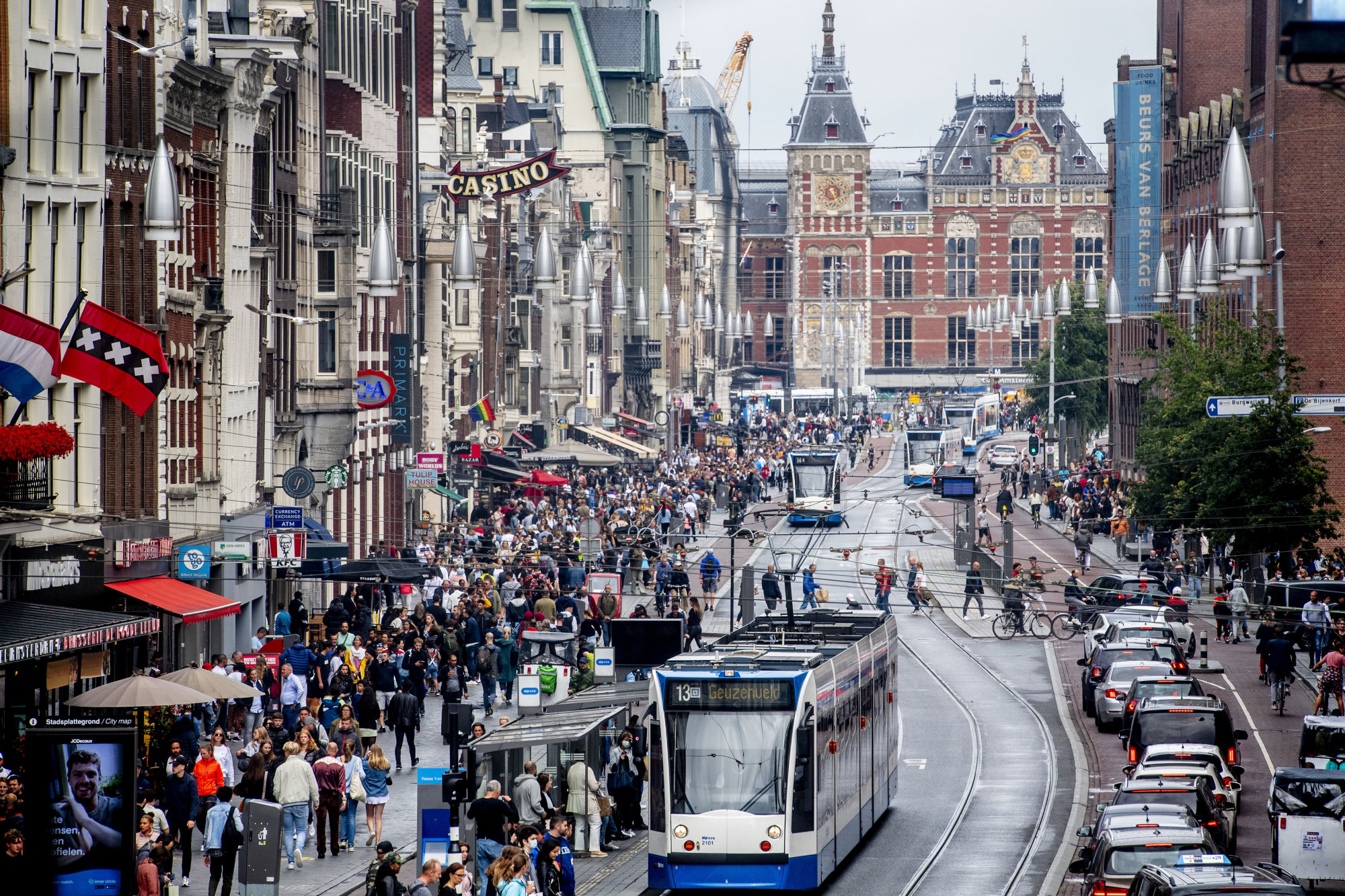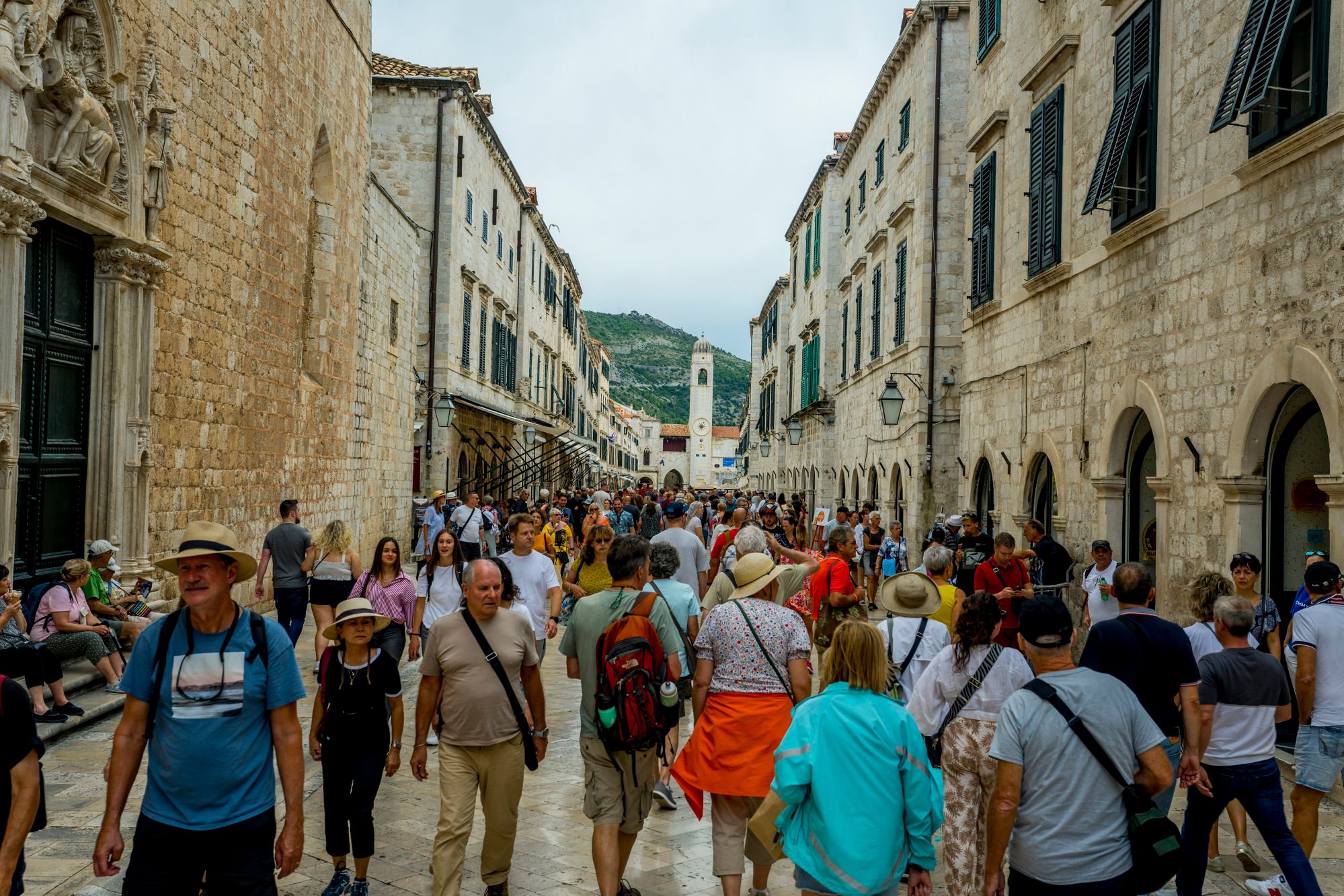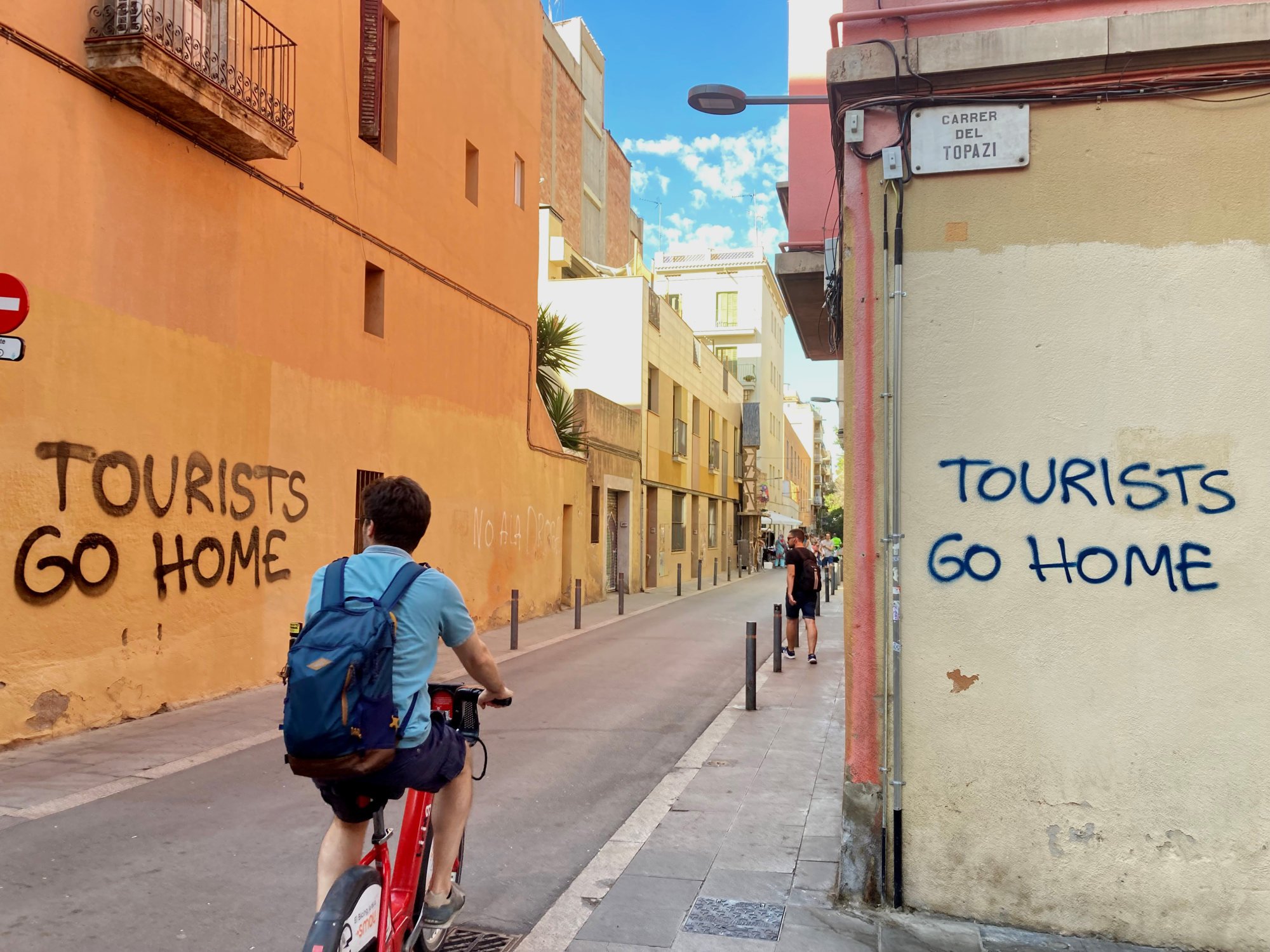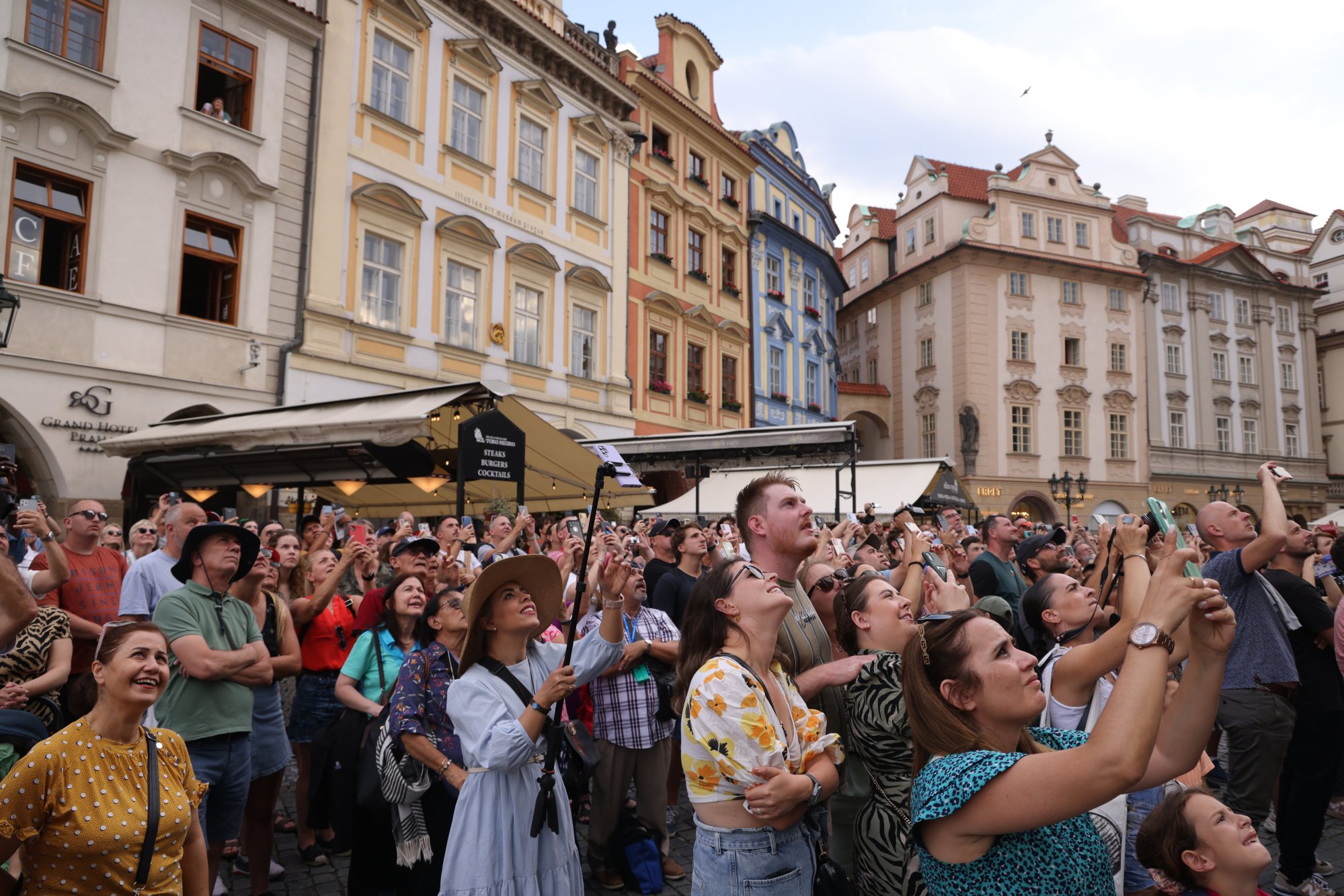
From Amsterdam to Vienna, the fight against overtourism in Europe is being stepped up
- A surge in visitor numbers that has swamped cities in Europe has prompted measures to control tourism, such as Venice’s new entry fee for day trippers
- Amsterdam warned the young party crowd to stay away; Barcelona limited tour groups and cracked down on Airbnb rentals; Dubrovnik put a quota on cruise ships
European tourist hotspots such as Amsterdam, and Venice which introduced a new measure to regulate tourism on April 25, are at bursting point. They have embarked on a crusade to control surging visitor numbers.
In Venice, Italy, one of the world’s top tourist destinations, 3.2 million visitors stayed overnight in the historic centre in 2022 – dwarfing the resident population of just 50,000.
Venice has also introduced a tax for overnight visitors.
In the Netherlands, Amsterdam has long been trying to clean up a reputation for rowdy stag parties, drugs and sex that has been partly blamed on an influx of around 20 million visitors a year.

Amsterdam also announced this month a ban on new hotels and that it would halve the number of river cruise ships in the city within five years.
It also decided last year to ban smoking cannabis on the streets of the red-light district.

Croatia’s medieval walled city of Dubrovnik is one of Europe’s most overcrowded cities, with the flow of tourists sometimes making it impossible to walk inside the historic Old Town.
They also launched an app that uses machine learning and weather forecasts to predict when the Old Town, a Unesco World Heritage site, will be busiest.

Standing on the Mediterranean coast, Barcelona is the capital of the Catalonia region, home to the architectural gems of Gaudi and one of Spain’s top football clubs.
Ada Colau, the leftist former housing rights activist who was mayor of the city between 2015 and June 2023, cracked down on illegal Airbnb rentals that were accused of pricing locals out of the property market.
The city also limited the entrance of tour groups in the historic La Boqueria market, especially during peak shopping times.
And, throughout the centre, organised groups must be limited to a maximum of 20 people and guides are not allowed to use loudspeakers.
In 2023, the number of tourists registering in hotels, homes and hostels was down 6.9 per cent compared with 2019 figures, according to the city council.

Barcelona is among many European cities to charge a nightly tourism tax, which was raised this month by €0.50 to €3.25.
Paris, host city for the 2024 Summer Olympics, demands up to €14.95 per night.
Berlin, Brussels, Lisbon, Prague and Vienna are also among the European cities that set their own tourist tax rates, the levy usually added to the bill when a guest checks out, but none are as high as that in Amsterdam, which asks for 7 per cent of a visitor’s accommodation cost plus a flat rate of €3 per person per night.
Additional reporting by staff reporter

.png?itok=arIb17P0)